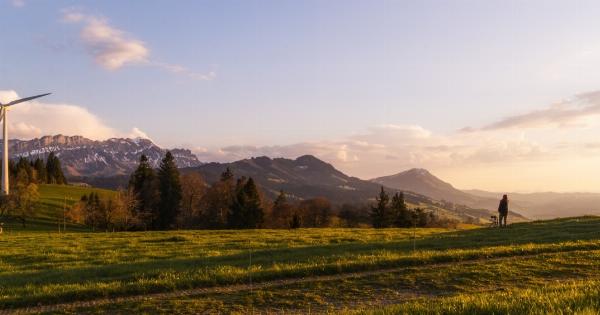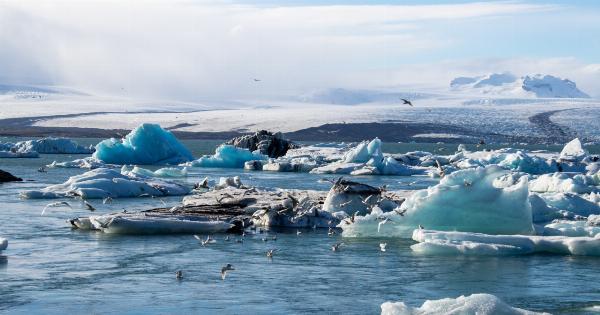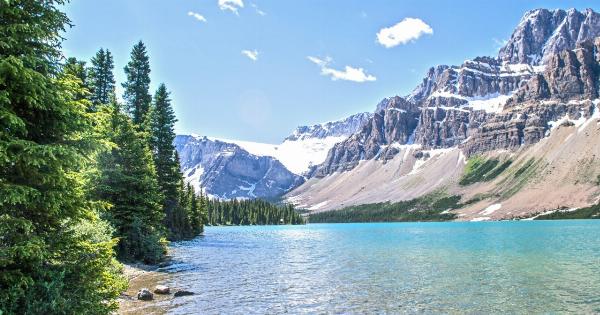Climate change is a pressing issue that affects us all. It refers to the long-term alteration of temperature and typical weather patterns in a place.
Over the past century, there has been a noticeable increase in global surface temperature, which has been primarily attributed to human activities. In this article, we will explore the causes and impacts of climate change, shedding light on the urgent need for action.
Causes of Climate Change
1. Greenhouse Gas Emissions.
The main cause of climate change is the excessive release of greenhouse gases (GHGs) into the Earth’s atmosphere.
These gases, such as carbon dioxide (CO2), methane (CH4), and nitrous oxide (N2O), trap heat from the sun, leading to a phenomenon known as the greenhouse effect. Increased industrialization, deforestation, and the burning of fossil fuels have significantly elevated GHG emissions.
2. Deforestation.
Deforestation is another major factor contributing to climate change. Trees play a critical role in absorbing CO2 and releasing oxygen through photosynthesis.
When forests are cleared for agricultural or urban expansion, this natural process is disrupted, resulting in higher CO2 levels in the atmosphere.
3. Agricultural Practices.
Intensive agriculture, particularly livestock farming, is a significant source of GHG emissions. Methane, released during the digestion process of ruminant animals, is a potent greenhouse gas.
Additionally, the use of synthetic fertilizers and the management of agricultural waste generate significant amounts of nitrous oxide, further exacerbating climate change.
4. Industrialization.
The rapid industrialization witnessed in recent decades has led to increased GHG emissions, primarily from burning fossil fuels such as coal, oil, and natural gas.
Industries are major contributors to atmospheric pollution, releasing large amounts of CO2 and other pollutants into the air.
5. Waste Management.
Mismanaged waste, particularly in the form of landfill emissions and the decay of organic matter, produces significant amounts of methane.
Proper waste management techniques such as recycling, composting, and waste-to-energy processes can help mitigate these emissions.
Impacts of Climate Change
1. Rising Temperatures.
Global warming, caused by climate change, leads to rising temperatures across the globe. This increase in temperature affects ecosystems, agriculture, and human health.
Heatwaves become more frequent and intense, posing a significant risk to vulnerable populations, especially the elderly.
2. Changing Weather Patterns.
Climate change has resulted in a disruption of traditional weather patterns. Extreme weather events like hurricanes, cyclones, and heavy rainfall occur more frequently, leading to widespread devastation.
Conversely, some regions experience severe droughts, affecting water availability, agriculture, and biodiversity.
3. Sea-Level Rise.
The melting of polar ice caps and glaciers, primarily due to warmer temperatures, leads to rising sea levels. As a result, low-lying coastal areas are at risk of flooding and erosion.
Small island nations are particularly vulnerable and face the possibility of becoming uninhabitable in the future.
4. Loss of Biodiversity.
Climate change threatens biodiversity as ecosystems struggle to adapt to rapid environmental changes. Rising temperatures, altered rainfall patterns, and habitat loss directly contribute to species extinction.
This loss of biodiversity can have far-reaching consequences for ecological balance and human life.
5. Economic Disruptions.
The impacts of climate change have severe economic implications. Damage caused by extreme weather events and the decline of agriculture and fisheries can result in significant financial losses.
Additionally, increased healthcare costs and the need for infrastructure adaptation put further strain on economies.
Conclusion
Addressing climate change is a global imperative. The causes, primarily driven by human activities, have led to a range of impacts that affect both ecosystems and societies.
Urgent action is needed to reduce greenhouse gas emissions, protect natural habitats, and transition to sustainable practices. By recognizing the causes and impacts of climate change, we can work towards a more resilient and sustainable future.



























